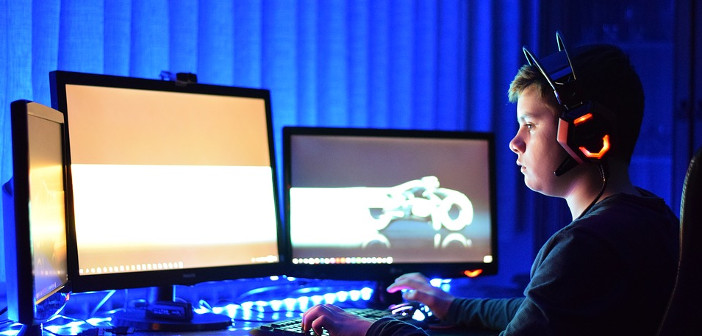The Chinese authorities have imposed new restrictions on online gaming by young people. Children under 18 will not be allowed to play games between 10pm and 8am, and they will be restricted to 90 minutes per day, or 180 minutes on weekends and public holidays. Minors will also be limited as to how much money they can deposit in their online gaming accounts: RMB 200 per month for children aged 8-16, and RMB 400 for 16- to 18-year-olds.
The clampdown has been explicitly linked to the rise in myopia in Chinese children. Nearly half of fourth-graders and two-thirds of eighth graders have poor eyesight, and an increasing body of evidence links shortsightedness to lack of exposure to natural sunlight. The government is concerned that there will be an inadequate pool of labor for key jobs in aerospace and the military.
READ MORE: Game or Shame: Are Video Games Bad for You?
Ironically, the ruling came days before a Chinese team became world champions at video game League of Legends. Anyone to whom this sounds trivial has missed the rapid global rise of what are known as “esports”, team video games played competitively in front of rabidly enthusiastic audiences. And what audiences. It’s estimated that 100 million people around the world watched the match between Chinese team FPX and Europe-based G2 Esports. The official prize pot for the tournament is USD 2 million, but with crowdfunding contributions the final sum is expected to top last year’s USD 6.45 million.
Chinese victories in esports are something the nation takes a pride in, and online gaming is an important industry, worth around USD 38 billion last year. The government faces a tricky balancing act in nurturing a success story while not allowing video gaming to become obsessive and damaging. In much the same way, parents have to decide whether to allow their children to participate in an increasingly important area of life for their generation, while at the same time protecting them from potential harm. The debate will doubtless go on.




